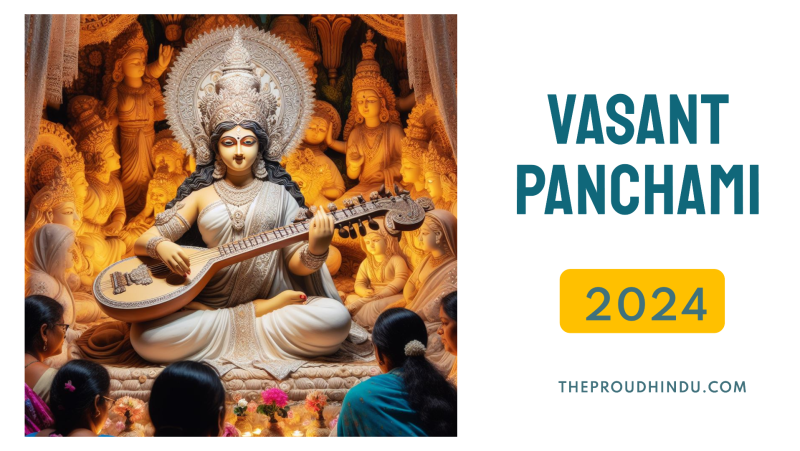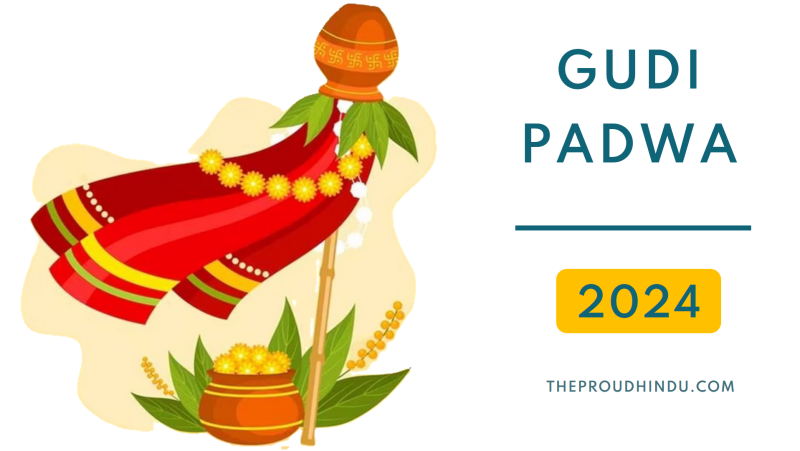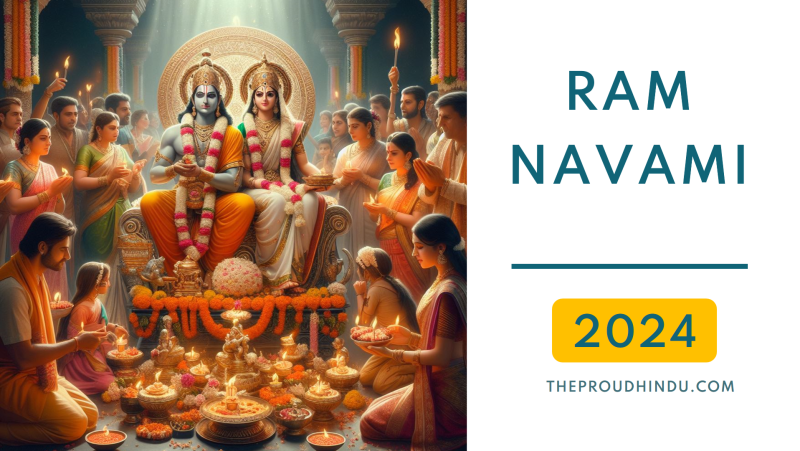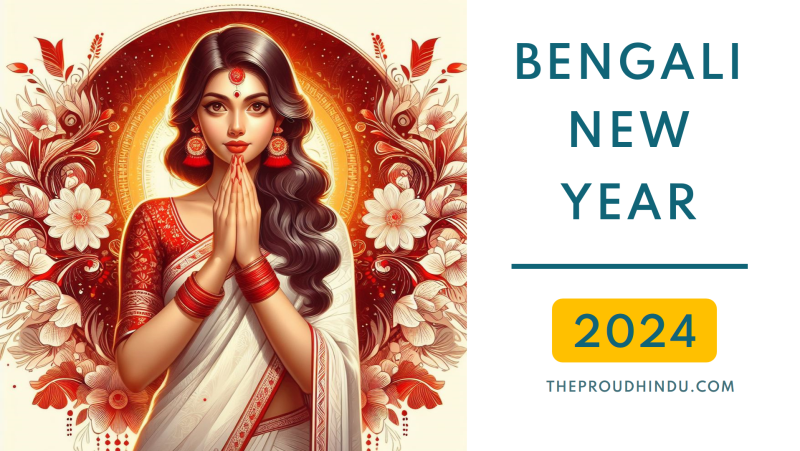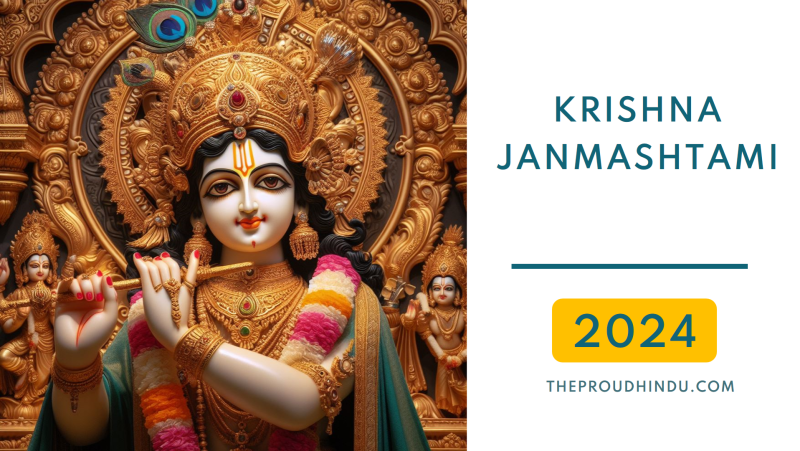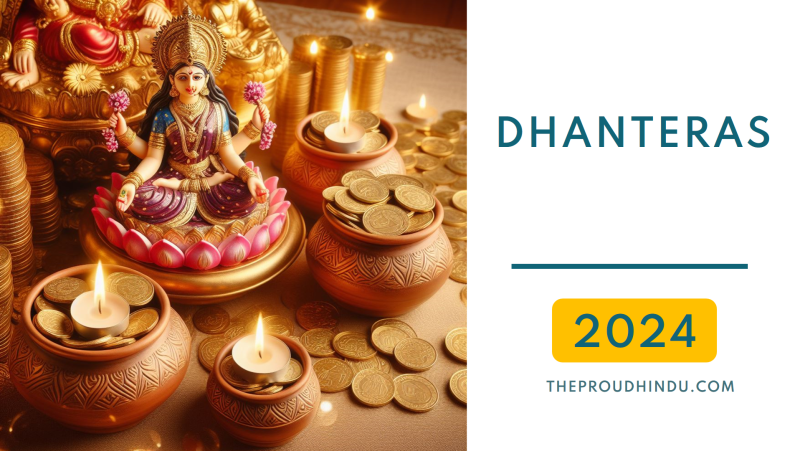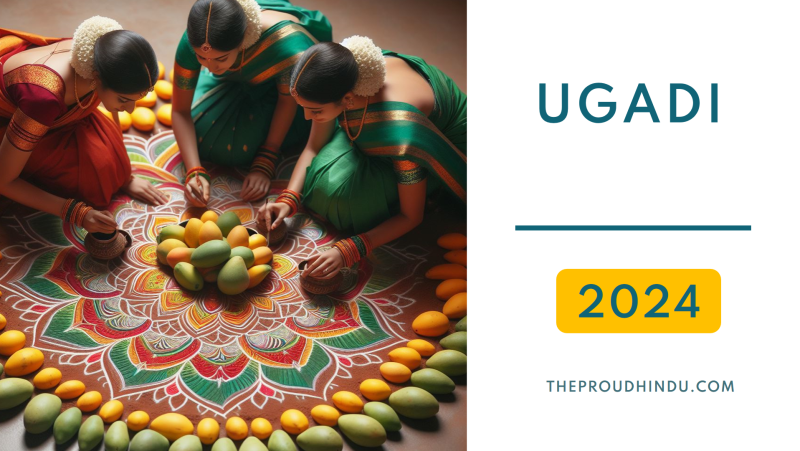
About Ugadi 2026 Festival Celebration
Ugadi or Yugadi is a Hindu festival celebrated as the New Year by the people of Andhra Pradesh, Telangana and Karnataka.In Maharashtra, it is celebrated as Gudi Padwa. The festival occurs on the first day of the Lunisolar month of Chaitra on the Hindu calendar, which is also the first month of the Hindu year.
Ugadi 2026 Date
Ugadi will be observed on Friday, 20 March 2026 in Karnataka, Telangana, Andhra Pradhesh, Maharashtra in 2026.
Ugadi Meaning
Ugadi is the New Year for the Telugu people, generally falling in the months of March or April. The term Ugadi has its origin in the Sanskrit word Yugadi, Yu meaning era and gadi, the beginning known as Ugadi: "The beginning of a new age".
Importance of Umbrella on Ugadi Festival
For the areas where Ugadi is celebrated, it has a lot of cultural and traditional value. Here are the main significances of the Ugadi festival:
1. New Year Celebration: Ugadi is the New Year according to Hindu Lunar Calendar. It represents a new beginning, new opportunities, and a new year full of abundance.
2. Conclusion of Winter Season: Ugadi comes at the very beginning of the spring season. Spring festival is for the coming of the new opening season with vigorous and growing life in the fields as well as everything that will be beginning in a new from the earth in the fields.
3. Astrological: People hear what is called the Panchanga Sravanam, the reading out of the horoscope of the new year. It is thought that these predictions imply the luck of the year ahead and influence on someones luck in life.
4. Richness of Culture: Ugadi presents the rich culture of the place in the form of rituals, customs, food and mirth; epitomizing unity in diversity.
5. Spiritual Refreshment: It’s time to do good for the soul – look for blessings from the deities and prepare rituals that call for prosperity, health, success, etc., in the year ahead.
6. Ugadi Pachadi: The Ugadi Pachadi is prepared and eaten as it symbolizes the commingling of different experiences coming in life, which I mixed with the four rayideeps like sweet, sour, bitter, salty and spiciness, indicates different experiences in life that has to be accepted together.
7. Socializing and Unity: Ugadi is about family and community reunion. It’s a period of gathering, breaking bread and building community.
The importance of Ugadi is that new hope, new beginning, new challenges, new aspirations, new attitudes, and emotions, filled with social and cultural values reflecting on our Water and Food Practices.
Ugadi Panchangam
The "Panchangam" of Ugadi is the Hindu almanac, which gives all the astrological and astronomical information. It is one of the important elements of Ugadi celebrations and the listening of Panchanga Sravanam is done by the gathering of people who listen to the panchangam reading by a priest or a dhoranki of temples.
The Ugadi Panchangam generally consists of the following features :
1. Tithi: Panchangam refers to Tithi, which ends with the passage of one year. Rituals and ceremonies can be done on particular Tithi.
2. Nakshatras: It describes the transiting Moon over the year in various Nakshatras. Every Nakshatra has its own significance in Vedic Astrology.
3. Yoga : It provides the Yoga for each day - offering combinations of the Sun and the Moon in a manner purported to represent specific configurations having astrological significance.
4. Karana: Panchangam lists the Karana for each day in week, each of which have been described in Rig Veda.
5. Rahu Kalam, Yamagandam, Gulika Kalam: It describes times that are not considered favorable to commence on new activities as per Vedic astrology.
6. Festival and Observance Dates: Panchangam lists the festival and observance dates for the entire year.
7. Ayanamsa and Planetary Position: Gives details of planetary positions, planetary transits and other related astronomical information in the form of Ayanamsa for astrology and rituals.
The Ugadi Panchangam is a widely trusted tool for charting out any auspicious events, performing rituals, and for deciding on necessary things throughout the year according to astrological needs. They would listen carefully for 21-minute to the Panchanga Sravanam on Ugadi which forecasts the upcoming year according to the astrological aspects.
Ugadi Rasi Phalalu
Ugadi Rasi Phalalu are the horoscope predictions for the Hindu new year. During the Ugadi festival, the astrologers, priests, or the learned men, give “Rasi Phalalu” or the future prediction based on the name of the person ( Rashi).
These readings is not just the everyday horoscope that you are used to. These readings cover multiple topics for each sign including health, career, love (relationships) and, of course, family life. They are based on the positions of the sun, moon and other planets, and exact calculations of the zodiac signs themselves.
These predictions are made by the astrologers based on the position of the planets and its effects on the 12 zodiac signs. They employ the tenets of Vedic astrology to predict how the year ahead may pan out for people, based on their zodiac signs, in terms of opportunities, challenges and general life trends.
These forecasts are very subjective, and should be used as a general guide rather than a definitive prediction. They are designed to provide guidance and alternative perspectives on factors which may influence various aspects of life, so that people can prepare for the unexpected accordingly or make informed choices about their focus of attention in the upcoming year.
Rasi Phalalu are considered during every Ugadi by some as a means to help them get an idea of what their year might look like for themselves and their families, helping them take decisions and plan ahead.
Ugadi Pooja Items
Ugadi, the New Year as per the Indian Calendar, is celebrated in different parts of India where rituals and poojas are also conducted. Below is the list of ingredients for Ugadi pooja prevalent across houses:
1. Leaf of Mango Tree: Mango leaves are believe to be holy and therefore are seen decorate the door and puja place.
2. Mangoes: Fresh raw mangoes- is a symbol of the essence of the festival and is used as offerings.
3. Neem Leaves: Neem leaves signify good health and it is kept along with jaggery.
4. Jaggery: It symbolises the sweet life and is part of Ugadi Pachadi.
5. Nariyal: full coconuts or small coconut pieces are placed as items of offering while doing pooja.
6. Ugadi Pachadi: Ingredients Ingredients such as tamarind, neem flowers, jaggery, raw mango, red chilli powder are needed to make the Ugadi Pachadi.
7. New Clothes: People wear new clothes on Ugadi, representing a new beginning.
8. Agarbatti and Camphor: For aarti during pooja.
9. Fruits and Flowers : Fresh fruits and flowers are presented during the rite as an offering.
10. Panchanga (Almanack): Panchangas - almanacs that forecast astrological events of the year - is an important part of the celebrations.
11. Haldi-Kumkum: Blend of the turmeric (haldi) and vermillion (kumkum) paint which the gods and goddesses in their portraits have applied to the forehead.
12. Rice, Dal and Grains: Apta types of food grains can also be offered in the pooja.
Strictly speaking this country's practices are a little different. It is important to get these ready before the start of the pooja so you can have a great and auspicious celebration of Ugadi.
Ugadi Date
| Year | Date | Day |
|---|---|---|
| Ugadi 2023 Date | 22 March 2023 | Wednesday |
| Ugadi 2024 Date | 09 April 2024 | Tuesday |
| Ugadi 2025 Date | 30 March 2025 | Sunday |
| Ugadi 2026 Date | 20 March 2026 | Friday |
| Ugadi 2027 Date | 07 April 2027 | Wednesday |
You may also like …
Are You The Proud Hindu?
The Trimurti
Create an account to join us and start taking part in conversations.
SIGNIN


